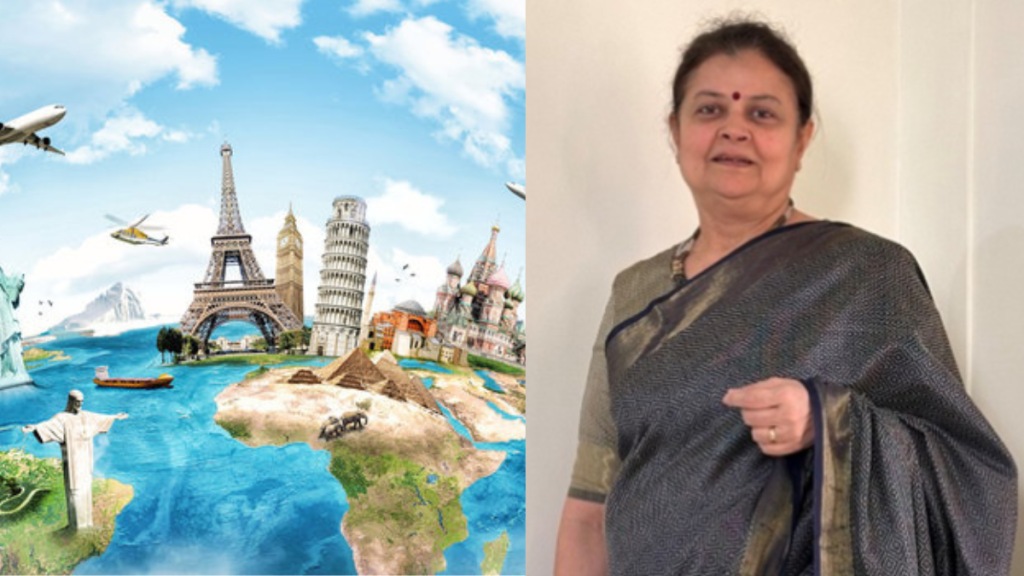India’s travel and tourism industry has expanded steadily since the 1990s, shaped by economic liberalisation, increased air connectivity, and a growing middle class. International departures rose from around 4 million in 2000 to over 27 million by 2019, according to Ministry of Tourism data. As the sector matured, organised travel services began to replace informal arrangements, creating space for new businesses with structured offerings.
One such business emerged in Ahmedabad in 1996, when Meeta Shah founded Flamingo Transworld as a small ticketing agency. With no prior background in tourism, Shah entered the field after working in diverse sectors — from fashion design to the stock market and the family’s cotton trading business. Her transition into travel was driven by changing market conditions and personal interests in geography and cultural exploration.
Initially focused on air ticketing, the company expanded into international group tours after acquiring IATA accreditation. Early itineraries began with Singapore, and new destinations were added gradually, often following site visits. This approach aimed to build reliability into travel planning at a time when Indian consumers were becoming more discerning.
As demand for leisure travel increased, Shah and her husband, Sanjay Shah, identified a gap in the market — the need for more transparent, experience-oriented services. They began designing flexible itineraries with clearer pricing structures, aiming to offer a more predictable travel experience.
In recognition of her early involvement in the tourism industry, Meeta received the “Best Female Entrepreneur of Gujarat” award at the Tourism Awards Gujarat in 2018.
Over the years, Flamingo grew into a family-run enterprise with a team of professionals managing operations, research, and client servicing. Its trajectory reflects a broader shift within the Indian travel sector — from individual-led operations to system-driven businesses catering to a more informed and globalised customer base.

